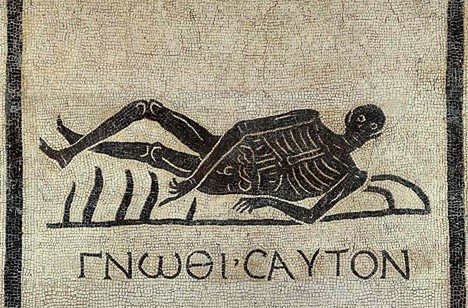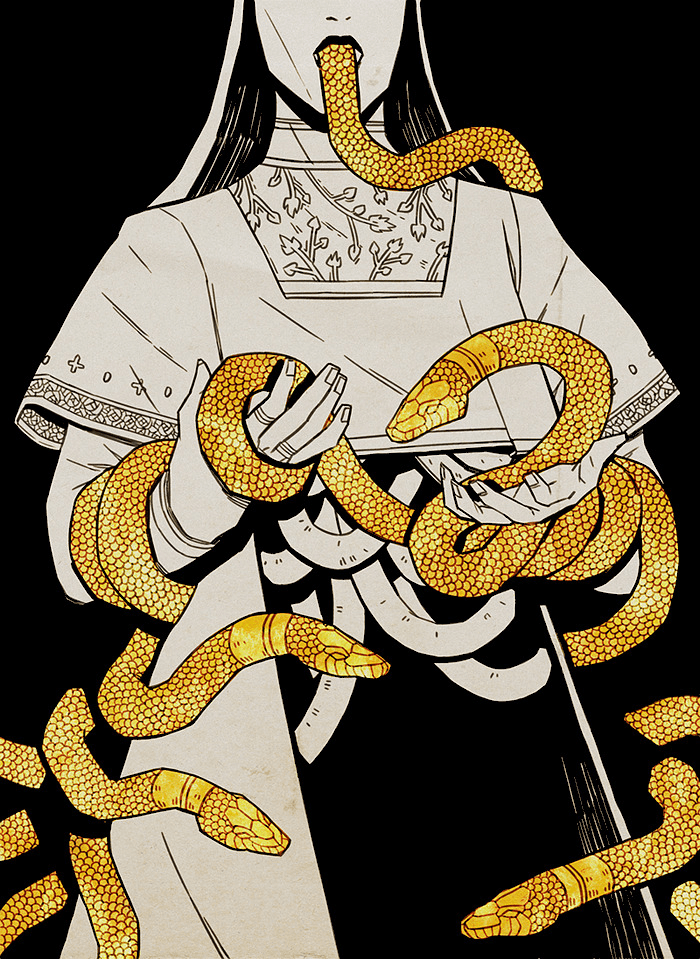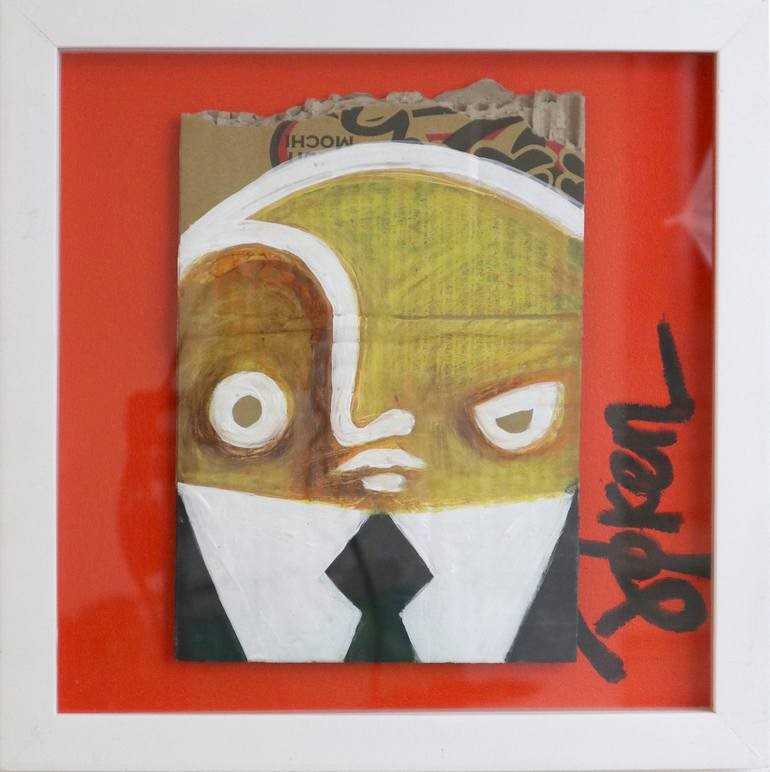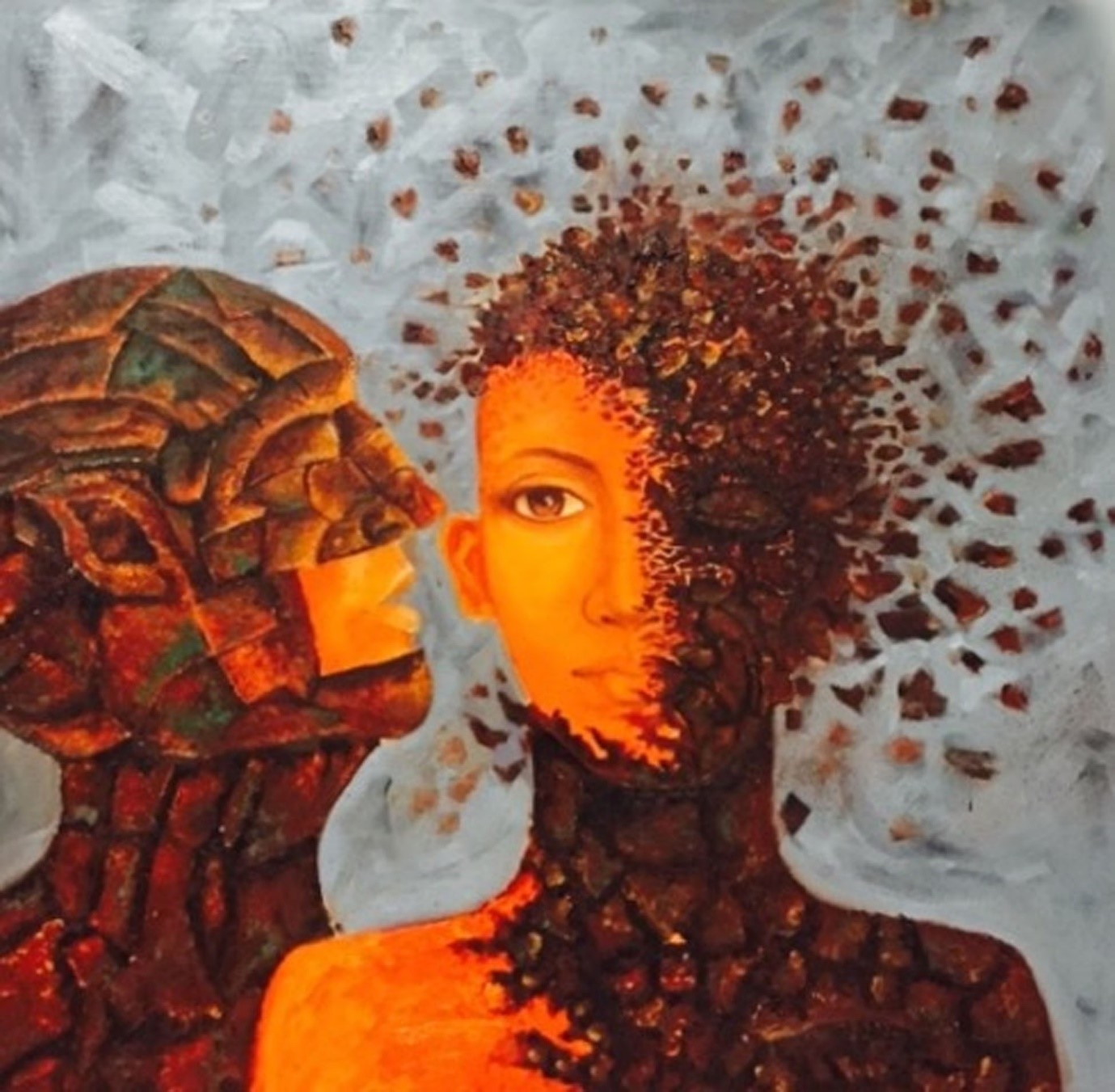Will we ever understand the self?
If we do, how do we actually determine that the self exists? Thank you, Danica Aposaga, for such a fundamental question. First, if I may, I think it would be helpful to reverse the questions: how do we actually determine that the self exists, and, if it does exist, will we ever understand it? After […]
Will we ever understand the self? Read More









